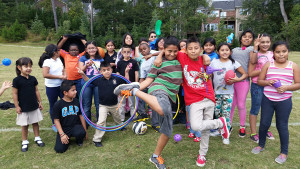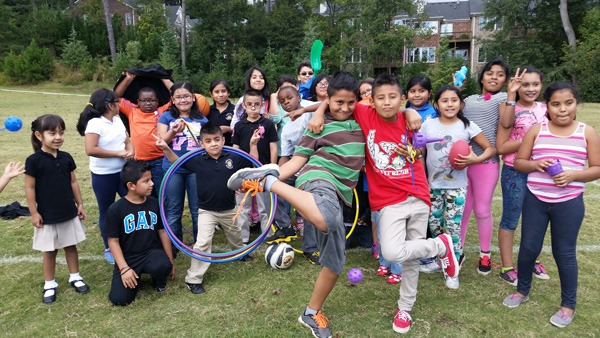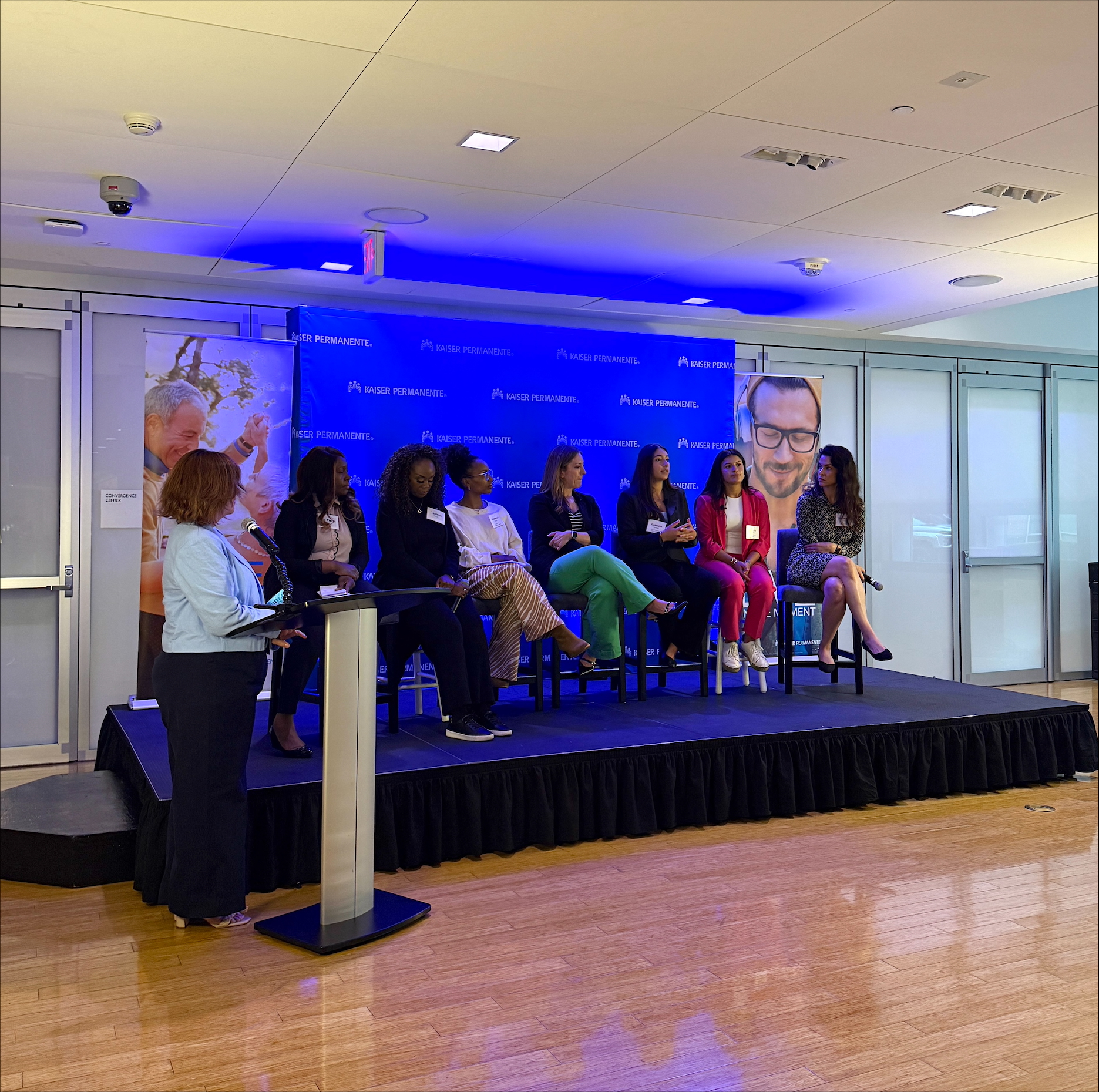 It’s February, a time when we often think about love, heart health, chocolate and the color red.
It’s February, a time when we often think about love, heart health, chocolate and the color red.
It’s also National School-Based Health Care Awareness month. So, with Valentine’s Day on the horizon and romance in the air, we at Thriving Schools thought we should celebrate February by penning our very own love song, our ode, to the virtues of school-based health care.
Research has proven what the great romantic playwright and poet William Shakespeare alluded to many centuries ago – that we cannot perform at our strongest when our minds and our bodies are suffering from ill health:
Infirmity doth still neglect all office
Whereto our health is bound; we are not ourselves
When nature, being oppressed, commands the mind
To suffer with the body. ~ King Lear
Every day, children and adolescents in schools all across the country are able to tend to their most vital health care needs through the power of school-based health centers and the care they provide – whether they’re providing students with a routine physical, a preventative flu shot or critical access to behavioral health counseling…and so much more.
The School-Based Health Alliance, a national advocacy network that connects school-based health centers and their regional affiliates, likens SBHCs as “the caulk that prevents children and adolescents from falling through the cracks of our health care system.” They serve a critical need for families and young people who might not otherwise have access to care or would find the challenges of getting to the doctor’s or dentist’s office too much of a barrier to be able to receive timely treatment.
Hallways to Health

Recognizing the power of school-based health centers to transform health in schools, Kaiser Permanente teamed up with the School-Based Health Alliance in 2012 to develop the Hallways to Health initiative. Hallways to Health takes the wisdom and resources of school-based health center staff and care providers and aims to spread it beyond the clinic walls in an effort to impact the health environment of the whole school.
It’s a new approach, but one that is impacting the health and well-being of students and school employees in wonderful ways in the four regions in which it’s currently being enacted. Here are some examples from a few of the participating SBHCs:
In Georgia, students and staff at Lake Forest Elementary School have been learning about the importance of forming healthy eating and fitness habits through school assemblies, newsletters and targeted emails.
In Maryland, Northwood High School has been working with the Center for Science in the Public Interest to recruit students to create healthy ethnic recipes, with the ultimate goal of teaching lasting lessons for healthy eating and living.
In California, students at Roosevelt Middle School are learning about a holistic approach to health and wellness, such as body image and perception, family and cultural influences, mindfulness, and environmental effects.
And in Oregon, the staff of Merlo Station High School’s school-based health center are offering periodic health fairs with classes in martial arts, yoga, hands-on dance instruction, meditation, healthy youth relationships, healthy foods cooking class, and nutrition education.
School-based health centers and their staff are doing amazing work. Whether they’re tending to the day-to-day health needs of students and staff in the clinics themselves or making strides in spreading health practices into the very hallways of their schools, SBHCs are truly at the forefront of building a culture of health in schools and strengthening minds and bodies to function at their best.
So let us indeed mark this National School-Based Health Care Awareness Month by singing the praises and virtues of school-based health care and all that SBHC providers are doing to strengthen hearts, minds and bodies for a lifetime of health. As Shakespeare said,
“Frame your mind to mirth and merriment
which bars a thousand harms
and lengthens life.”
You can read more of the great work being led out of the Hallways to Health efforts by visiting the School-Based Health Alliance’s website.




